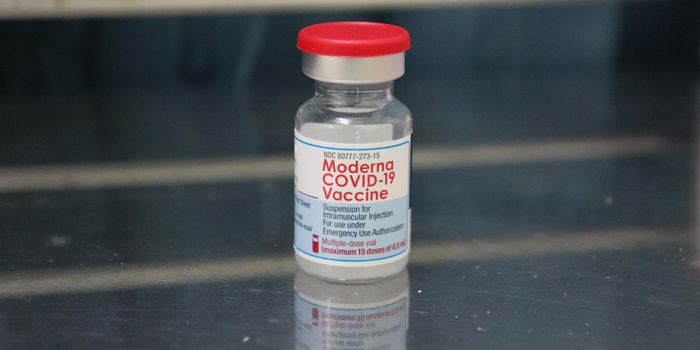Thanks to the introduction of HIV antivirals, doctors are more equipped to prevent the transition of HIV infection to AIDS. However, scientists are concerned about the link between HIV antiviral medications and an increased risk for heart disease.
Because scientists knew they could not recommend HIV-positive patients to stop using antivirals, putting them at risk of progressing to AIDS, a research group from the University of Missouri – Columbia sought out the specific protein within the antiviral that has heart-damaging side effects.
The research team identified a protease inhibitor as the culprit. Protease inhibitors prevent HIV from infecting cells and replicating inside of them. However, they also induce endothelial cells to malfunction, leading to heart disease. Endothelial cells are vital for vessel health; they line the innermost part of blood vessels. Protease inhibitors decrease natural blood flow promotion through endothelial cell dysfunction, increasing inflammation, and ultimately causing plaque buildup.
Fortunately, in their study published in the journal
Free Radical Biology and Medicine, the scientists also found a solution for this problem so HIV-positive patients could continue taking their antiviral medication without risking their heart health.
An enzyme called heme oxygenase-1 (HO-1) protects the blood vessels from endothelial dysfunction. By increasing the levels of HO-1 in patients being treated with protease inhibitors, the enzyme acts as a great “defender,” and more research will be conducted to identify any further protective capabilities of HO-1 beyond the effects of protease inhibitors.
Source:
University of Missouri – Columbia









